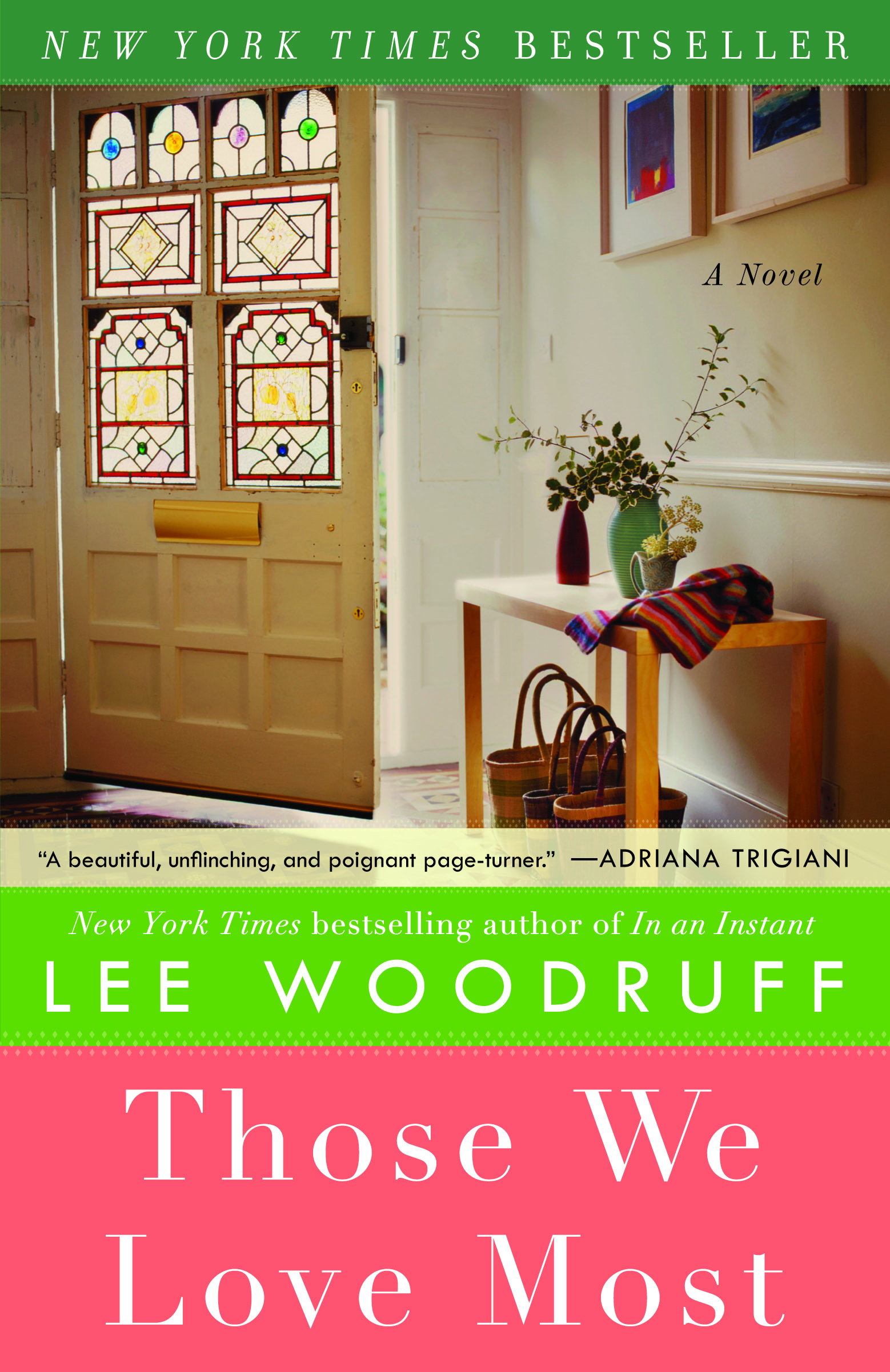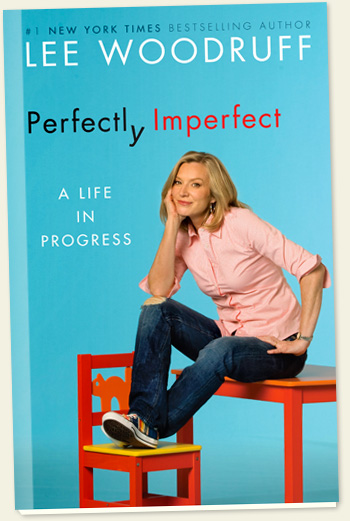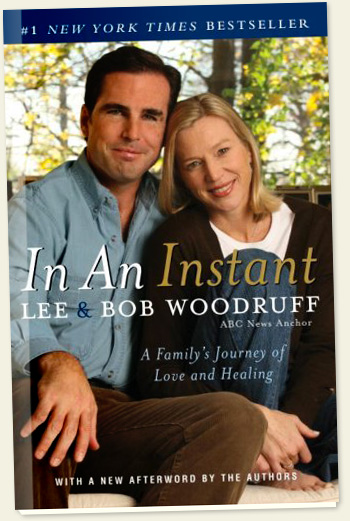The Yellow Boat
 February 17, 2010
February 17, 2010  9 Comments
9 Comments “Whoa!” I jumped up off my beach chair and began waving my hands in the air over my head, trying to get his attention. “Slow down!!!!” I did a thumbs down move designed to get him to cut the speed. My Dad had just barreled past the five mile an hour buoys in the bay at a fast clip and brushed too-near a kayaker in our busy August bay who was shepherding three swimmers. As he raced past her, oblivious of the speed, she set her paddle down and turned her head. I could not see her expression up close but her body language said everything. My Dad was flying, but the look on his face was priceless. He was in heaven. For him, the open water was the last place in his life, the last place on earth, that he had any autonomy. It was a sunny day and puffy white clouds were just beginning to poke over the tops of the mountains. The lake was calm, his grandkids were on the beach, the wind was in the wisps of his hair and plastered across his face was a big, self-satisfied grin. My Dad has Dementia, or maybe it will soon be diagnosed as Alzheimers. I don’t much care what the term is. He is, little by little, being erased. The strong parts, the parts that cared for me and supported me are now fading. It is the three of us, his daughters, who now care for him with our Mom. Finally, a few yards beyond our raft, he saw me with my arms signaling wildly. His face fell, childlike in disappointment. I could tell he wasn’t sure exactly what he had done wrong, only that something was wrong. I was angry, maybe overly angry because I had been his last advocate. I’d been the one arguing the case to keep his dignity intact for just a few more weeks till summer came to an end. We’d taken away his driver’s license on the road, stripped him of independence in so many other areas. He’d always been a careful boater and I’d argued that if we kept watch on the shore, or volunteered to accompany him on each trip, that we could make it through this summer. By next summer it would be a whole different story. I admonished automatically in the same tone my mother uses, like an adult patronizes a child. “Dad, you were going too fast. Dad, you almost hit the kayak. Dad, there is a five mile an hour limit.” He deflated. “Well, I guess this is my, my swan song,” he stammered. His face was cloudy, his head down like a recalcitrant child. I marveled that he had pulled that phrase out of nowhere. That was a flash of my old, eloquent Dad. I argued with my sisters. “Lee, he cannot drive the boat anymore. No more boat. He is going to kill or maim someone,” said my youngest sister Meg. “Well, kill isn’t good but maim might be acceptable,” I said, to break the ice. We McConaughys were known for our gallows humor, always a wonderful diffuser to deal with strong emotions and overcharged moments. “Yeah, I guess if he just clipped off an ankle on a swimmer that wouldn’t be too bad,” said Nancy, rolling her eyes. “We’re just going to have to find a way around this, “ I said. “We need to have someone go out with him when he goes. That way we can gently remind him of the speed limit.” “We have to hide his keys,” said my sister Meg. And so, because it was two against one, we put them in a secret place in the boathouse. This way he would have to find one of us to remember where his keys were. The next day, by the time he found me, he was anguished, all riled up. He told me he had been looking for his keys for a long time. “Lets check here,” I said reaching into a coffee can. “Maybe you put them here,” I tried to keep my voice non-chalant and level, despite the deception. He looked pained, searching his memory, I assumed, for why the man who always removed his shoes indoors and carefully hung his keys on a peg each afternoon would ever put them in a rusty coffee can. He jangled the keys in his palm. “Dad, I’d love to go,” I said. “Would you take me?” It was the last thing I felt like doing. I’m not a huge boat person. Nerdy, I know, but I’d much rather read a book. I had just gotten down to the dock and spread out my towel, pulled my novel out of the beach bag. I unclipped the ropes from the dock cleat and we puttered out past the five-mile-an-hour buoys. We crossed to the other side of the lake. Sitting at the bow of the boat I helped him see the markers, gently using hand signals to indicate the rocks he needed to go around. He nodded each time. This kind of muscle memory would probably be the last to go in some ways. He’d been driving this bright yellow Boston Whaler and its aluminum predecessor before that for decades. He knew the lake and its craggy shoreline instinctively. We glided past the multi-colored sails of Sunfishes and poked into a deep bay where a turtle hopped off a log. We stared up at the face of a cliff where once, as a young man, he had climbed and almost perished before he grabbed for a small root sticking out of the rock. We had made him tell that story to us a hundred times as kids. “You wouldn’t be here today if it weren’t for that root,” he’d say, sweeping his arm up toward the cliff. And we’d all stare upward, imagining my father, young and muscled, pulling himself up the face of the cliff with sheer will. He had taken us to this spot a hundred times by boat. Now, a mile across the lake from our own beach, I felt the wind tousle my hair, felt my shoulder muscles relax. I looked back at my Dad, so proud and in control at the steering wheel. This was heartbreaking, this slow leaving, this long and sputtering good-bye. What did he remember? What had he forgotten? Later that night he grabbed me and pulled me to him, for the moment confusing my name with that of my sisters, but the emotion is clear. “I love you so much,” he says to me. “I am so proud of you.” “I love you too Dad,” I say, breathing in the faint mothball scent of his summer shirt. Its muscle memory for us both.







